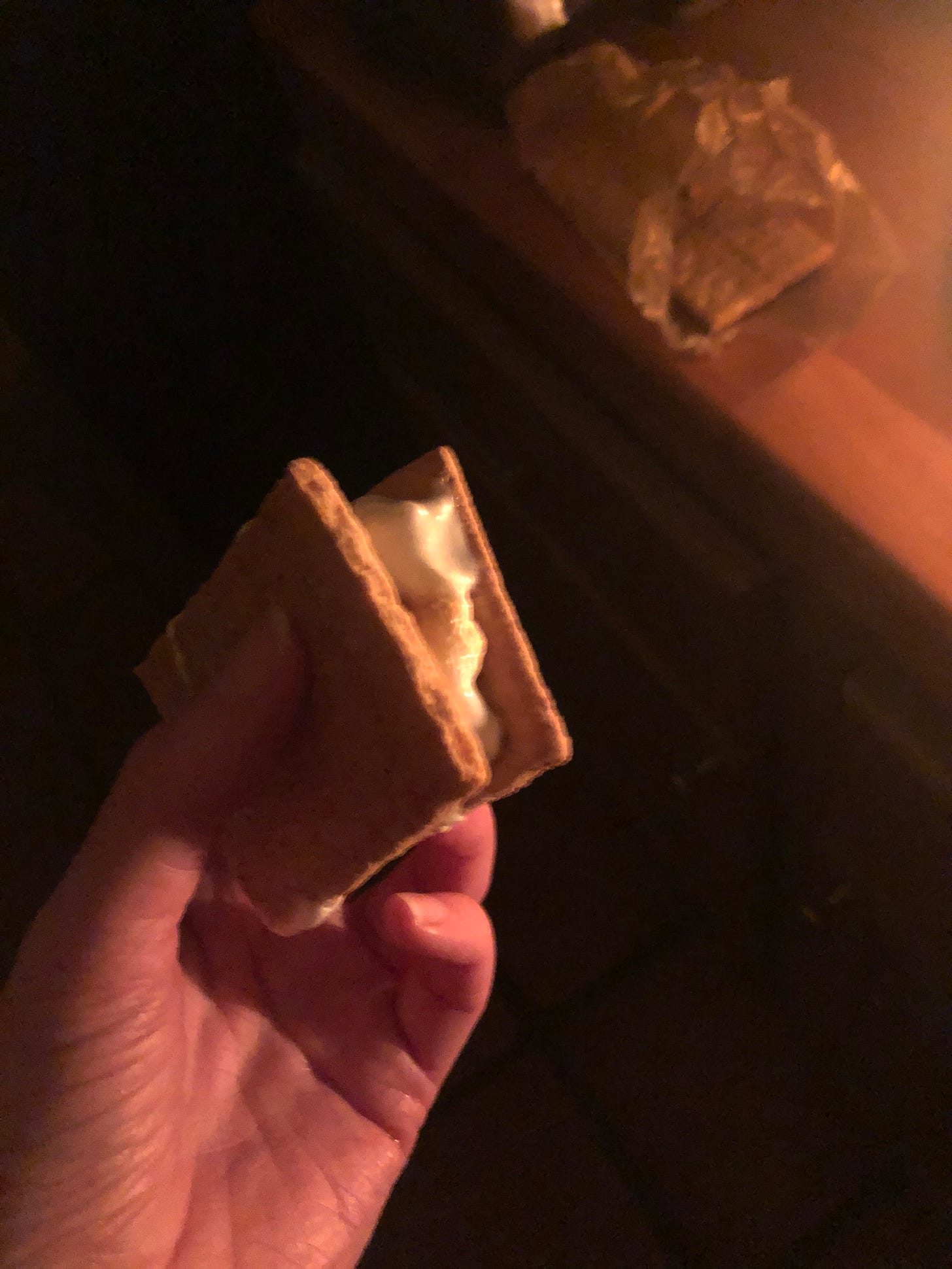Sabbatical experiment #5: Community Emergency Response Training
Refusing to be a victim
“After this class, you no longer have an excuse to be a victim.”
This was the introduction to the community emergency response training course I'd just started. I learned about the program from a lovely retired couple I met volunteering at the mass vaccination site a few weeks prior. They’d been long-time emergency response volunteers, which is how they connected with the vaccination site.
The program offered training in basic emergency response—fire safety, first aid, search and rescue, etc. Because of COVID-19 restrictions (it was May 2021), the training was conducted online over two weekends. The in-person physical drills would be scheduled at a later time. I was excited to learn some basic life skills and be of more service to myself and others in a time of need.
Over the next two weekends I learned:
How to make my home safer and respond to a personal emergency
How to address the three biggest life-threatening conditions: ”ABC”—airway obstructions, bleeding, and shock (circulation)
Understanding disaster psychology and psychological trauma
Various forms of terrorist attacks and a history of their use
How to shelter in place during a radioactive fallout
Texas has the most hazardous chemical plants in the US
Managing dead bodies and informing friends or family of a death
Following an large solar flare, EMP (electromagnetic pulse), or cyberattack taking down the US power grid, our society will crumble and we are pretty much all going to die of starvation
Our local emergency response is ill-equipped to handle a large-scale disaster (look at the ratio of ambulances and fire trucks to population)
Life as we know it dangles by a gossamer thread

It was intense.
I dutifully paid attention throughout the course, took notes, and began making a list of recommended equipment. I saved a bunch of things in my Amazon cart and bookmarked things to research later. It felt overwhelming.
After day 3 of 4, I couldn’t sleep. Something woke me up at 4am, and I tossed and turned the remainder of the night. I finished the course under-slept, with several more obligations left in my day.
Two weekends learning about every possible thing that can go wrong proved overwhelming. Perhaps the recent Texas freeze-induced power outage and still-looming pandemic already had me on edge. I started to think of how ill-prepared I was for all these things I’d learned about. I felt anxiety coursing through my body. The course triggered something in me, and stress poured out through tears.
I wrote down a list in my journal of everything making me anxious: not having a job, having no clear future career path six months into my sabbatical, my parents’ health, a friend’s recent cancer diagnosis, an overcommitted social and travel schedule from everyone I wanted to see after being vaccinated, and the class I just finished about everything in life that could possibly go wrong.
I didn’t realize the class was stressing me out until that meltdown.
What I really learned during this training
“After this class, you should be spending all your extra time and income on emergency preparedness.”
Nope.
I am not Bill from HBO’s The Last of Us. I am glad people like Bill exist, and I’m rooting for them. I refuse to devote a large portion of my mental and physical resources to disaster planning. I refuse to be a victim of fear.
Two years later, I don’t feel much more equipped to assist in an emergency than I did prior to the training. I deleted most of those items from my Amazon cart. When the in-person section finally became available, I opted not to complete it. Perhaps someday I will go back to it.
I still want to help my community. Maybe I’m just not cut out for helping in that way.




Thanks!
That week with intermittent power and 0 degrees Fahrenheit weather was wild. We are ill-equipped for that situation here. I was fortunate to have a gas stove and no busted pipes.
I also figured out that my best survival tool was my brain. I figured out how to maximize tasks during daylight and the random hours with power, how to grind coffee (rolling pin and baggie--oops re: microplastics), and strategies to keep warm. Kept the fridge food outside in the snow.
Losing power in the summer here would be much worse. I have a story for next week...
I’m sort of resigned to being one of the first to die. Like you, my fear and anxiety levels prevent me from learning about disaster preparedness.